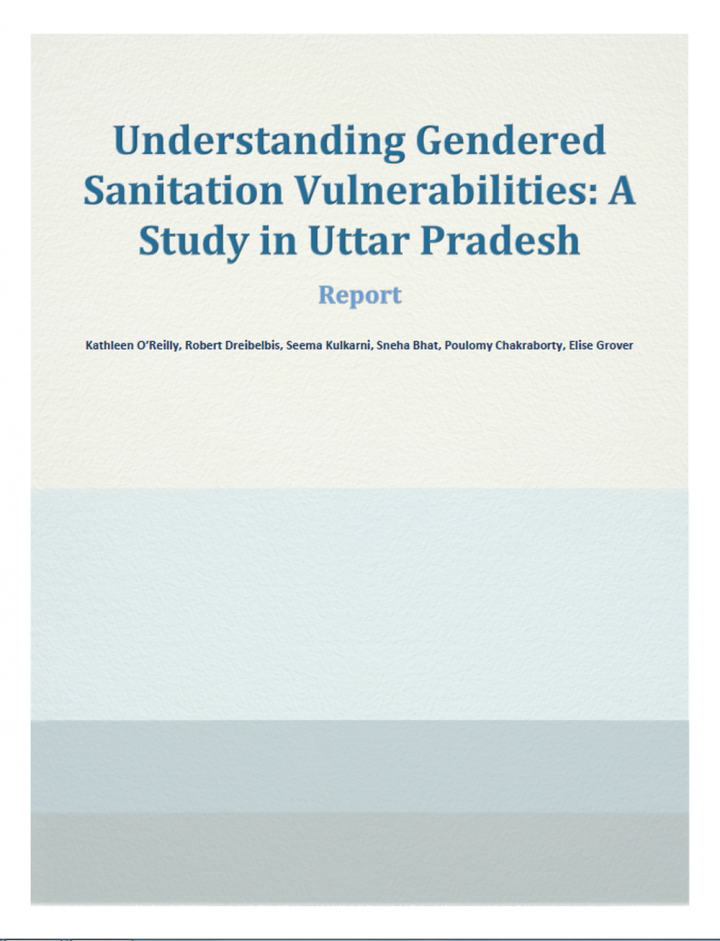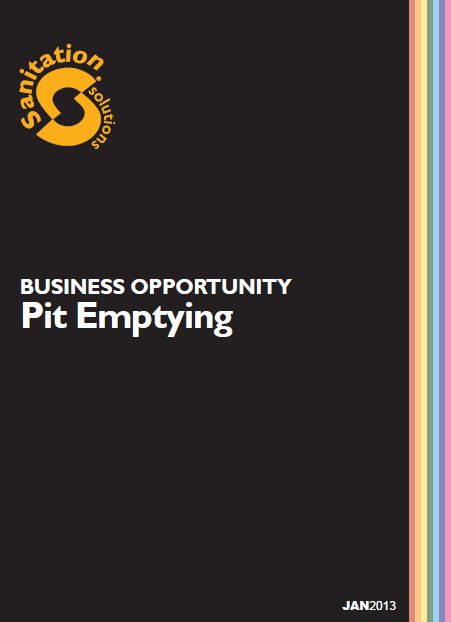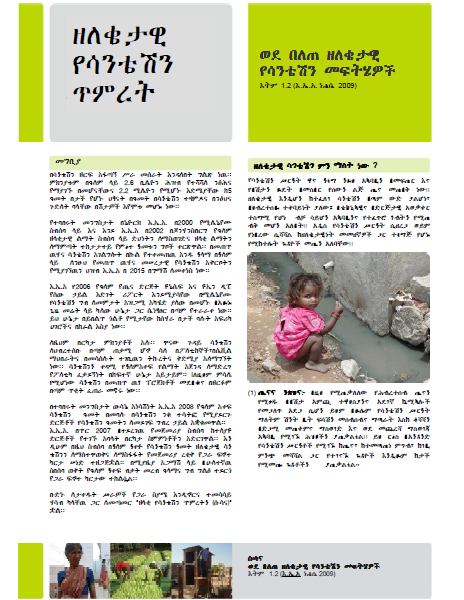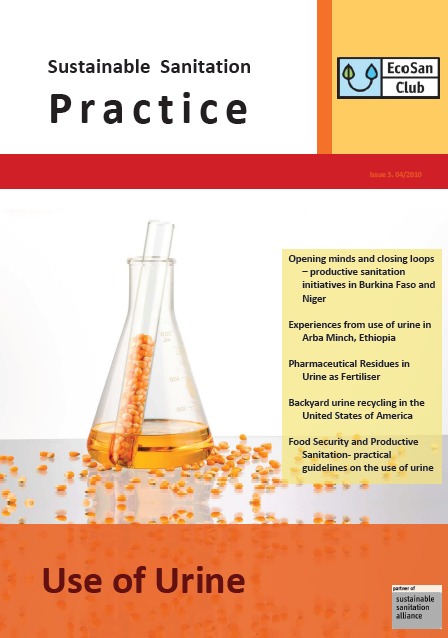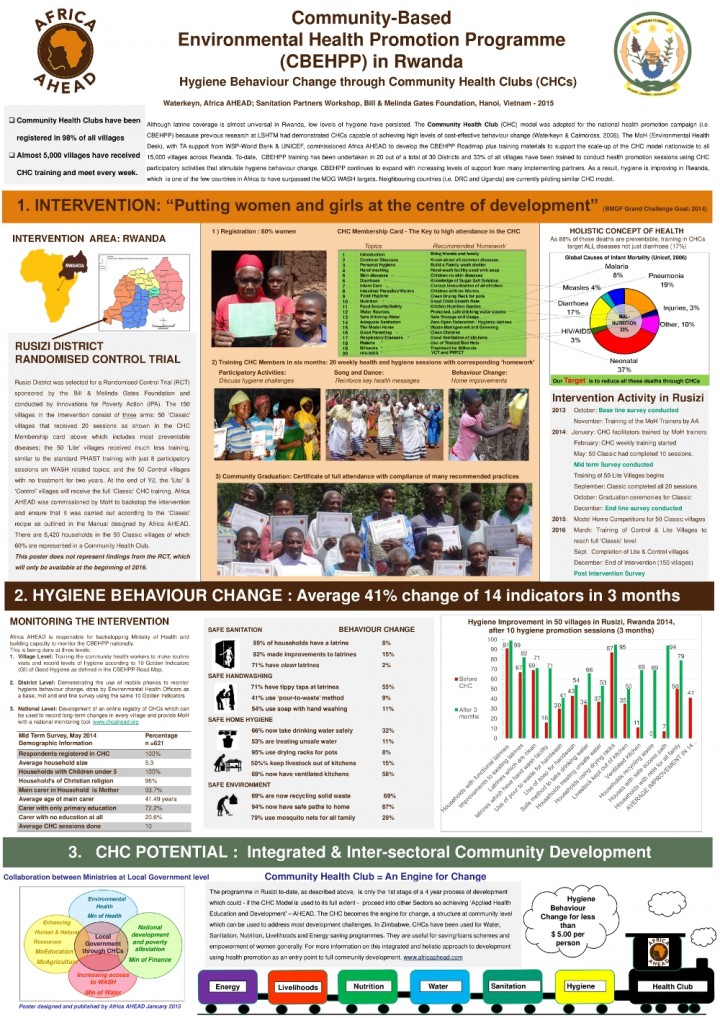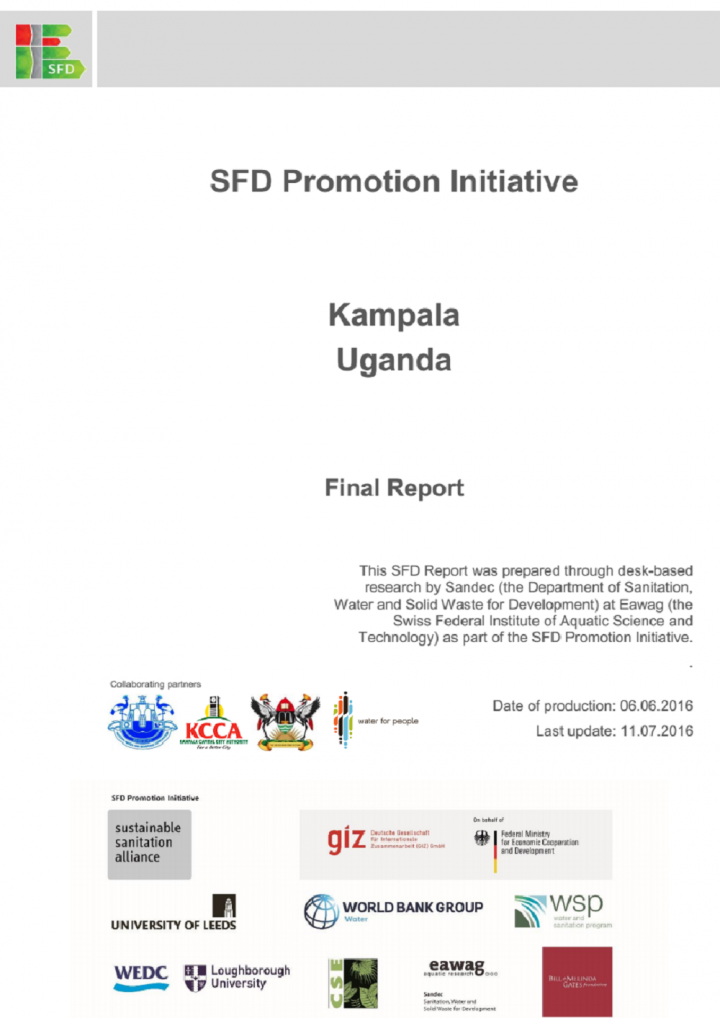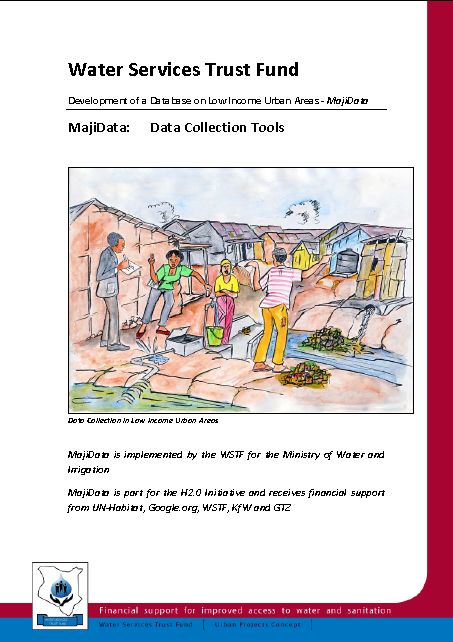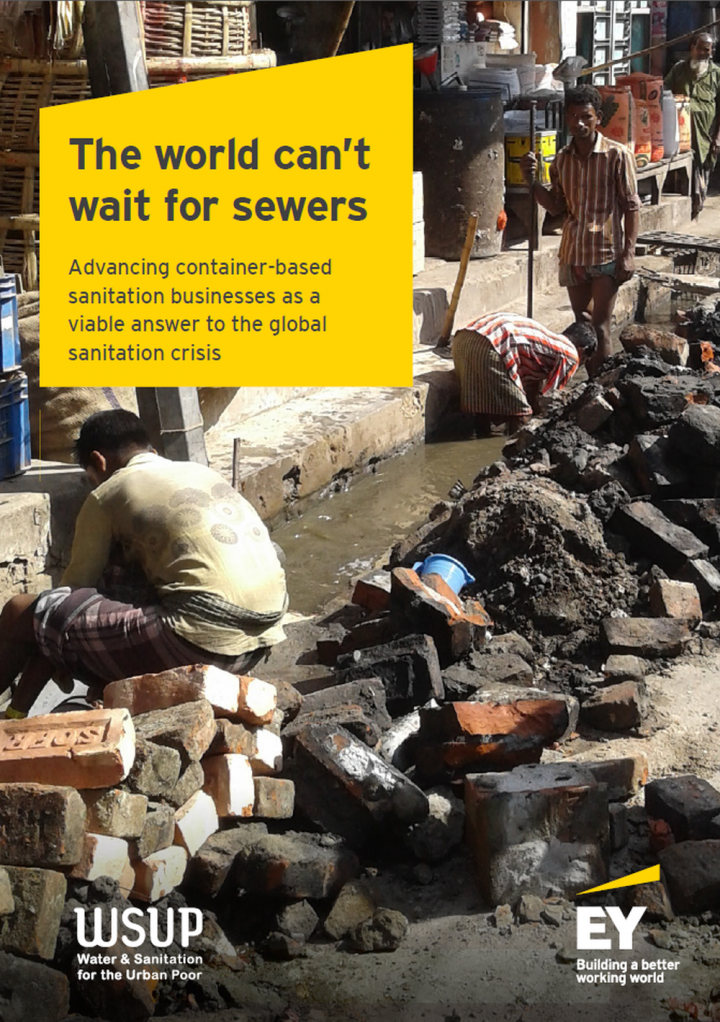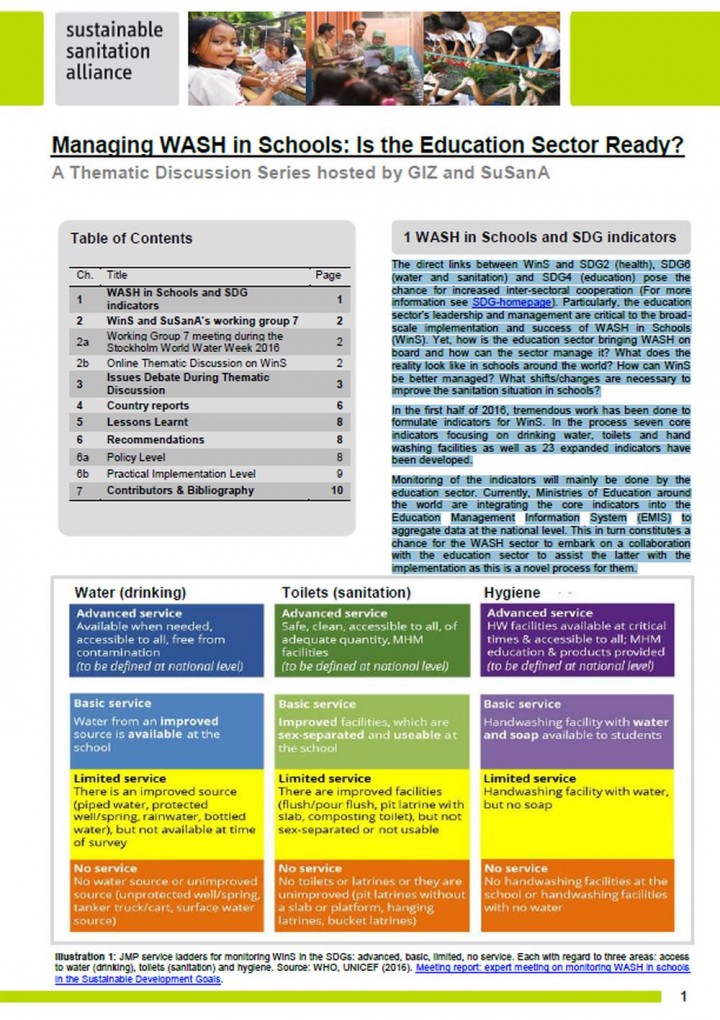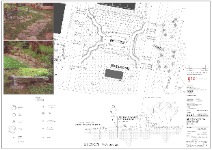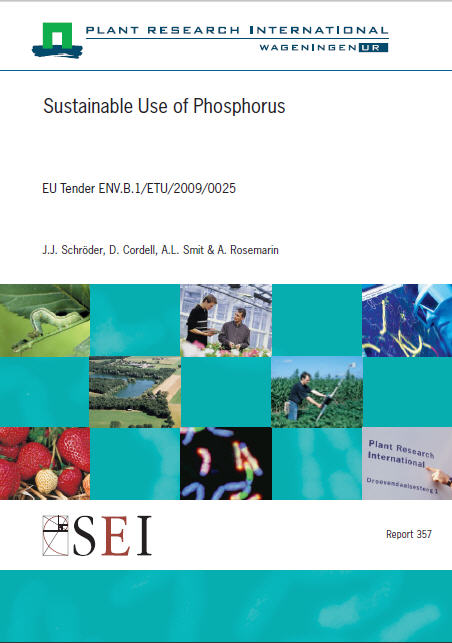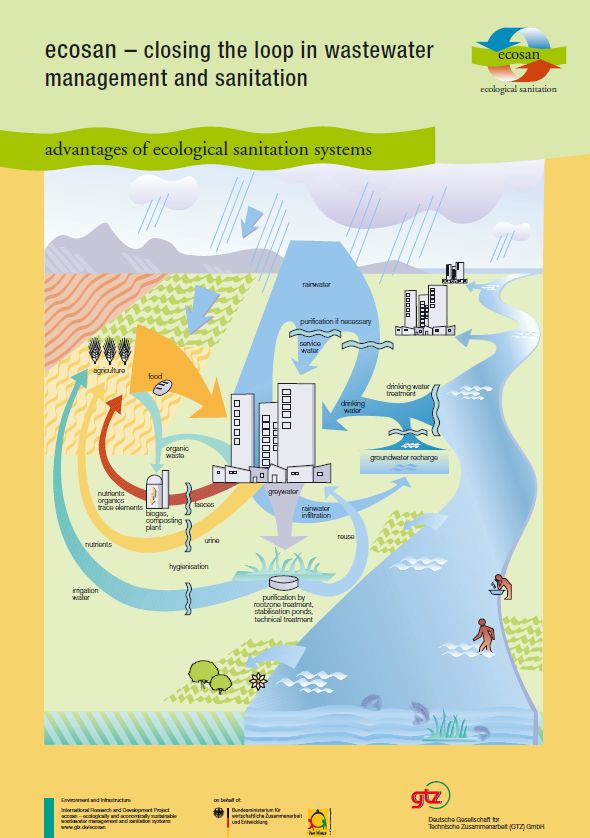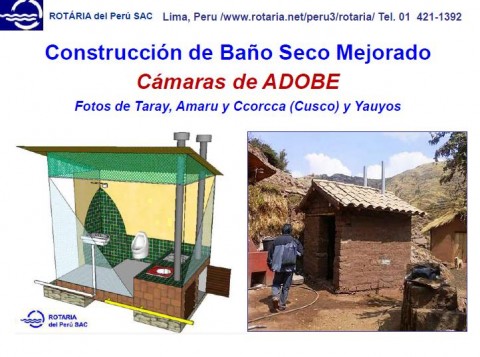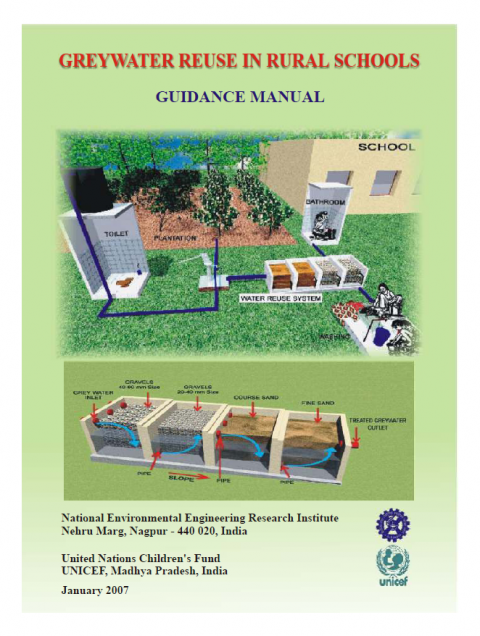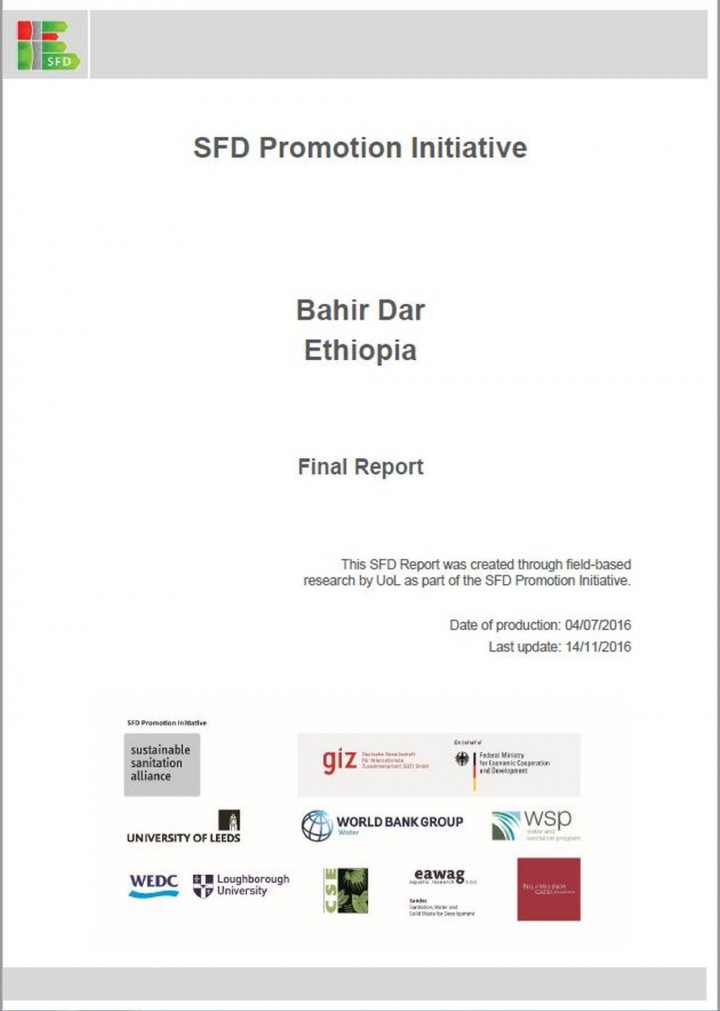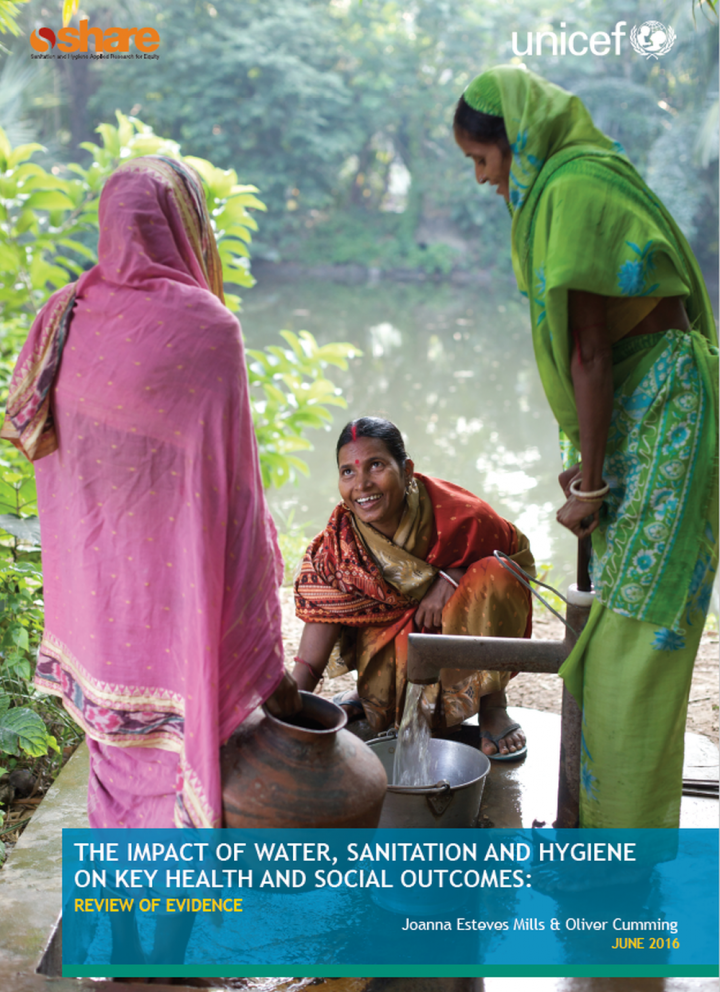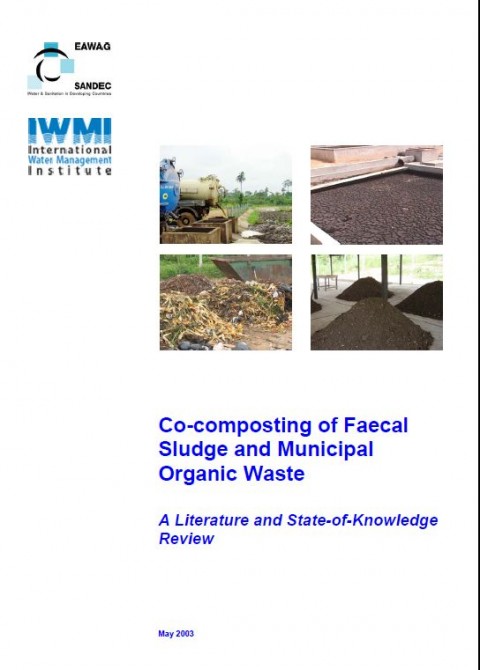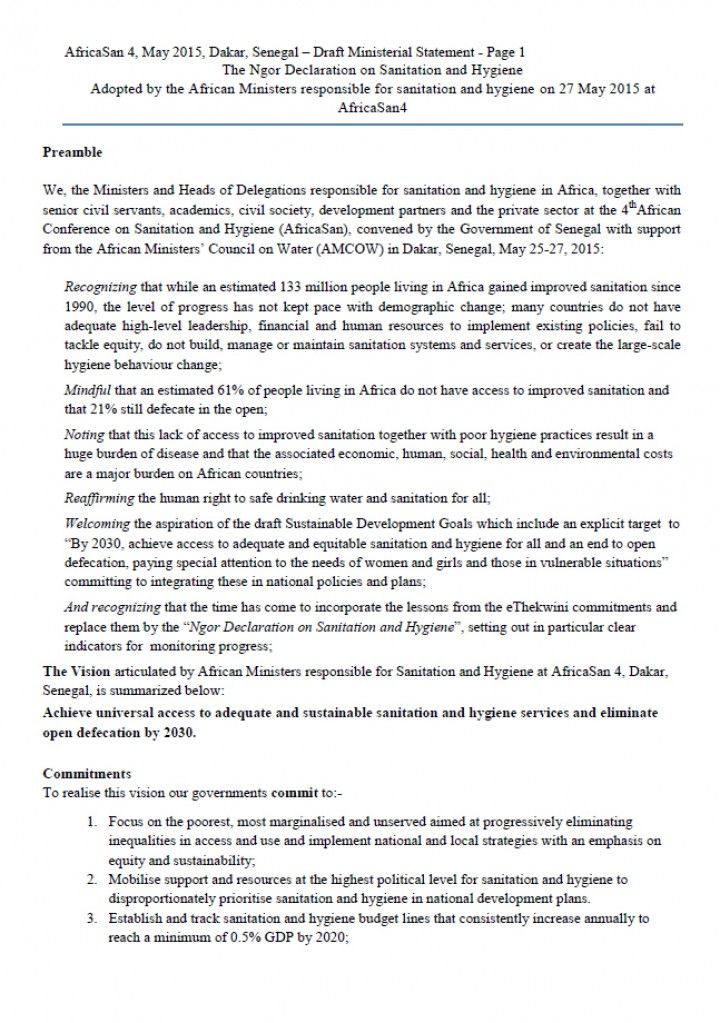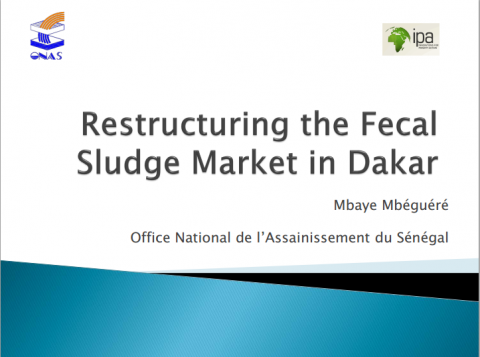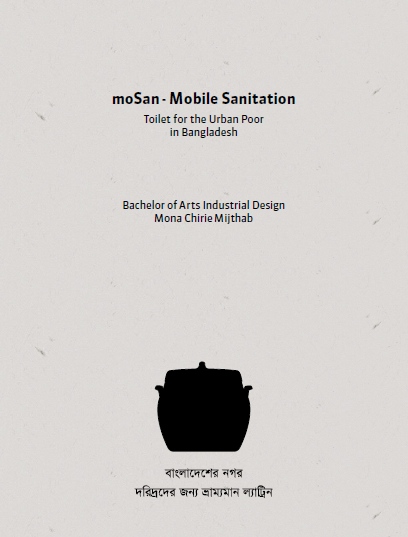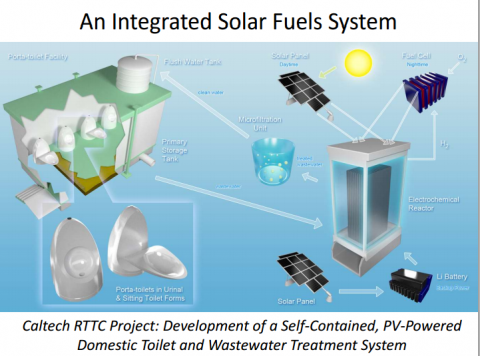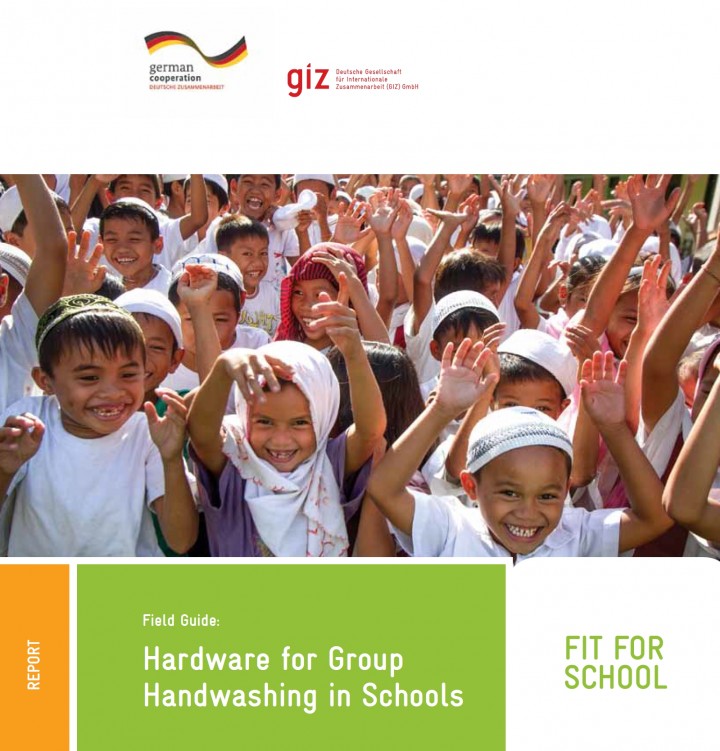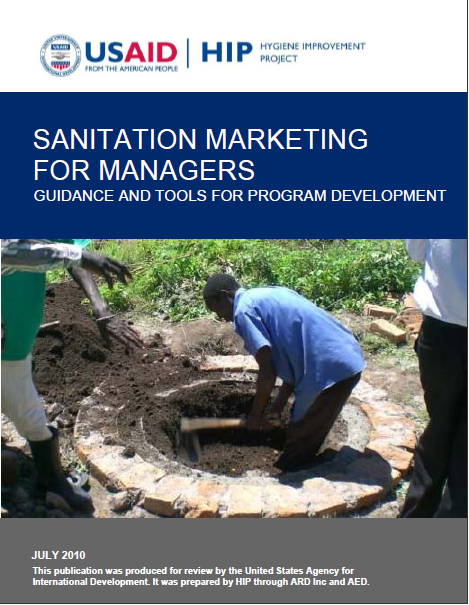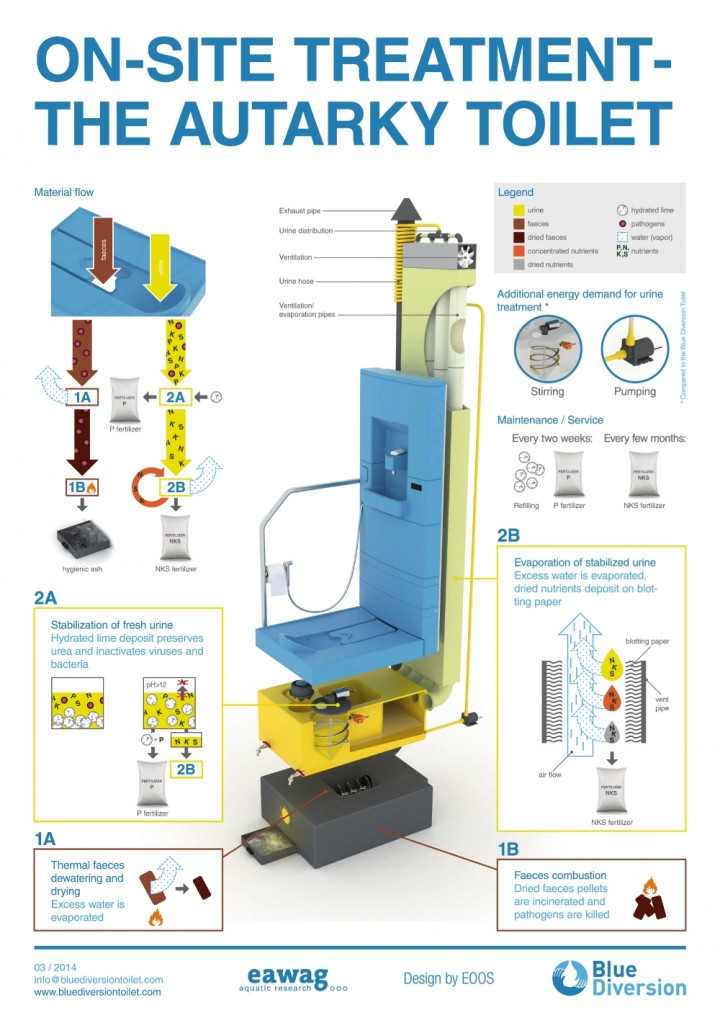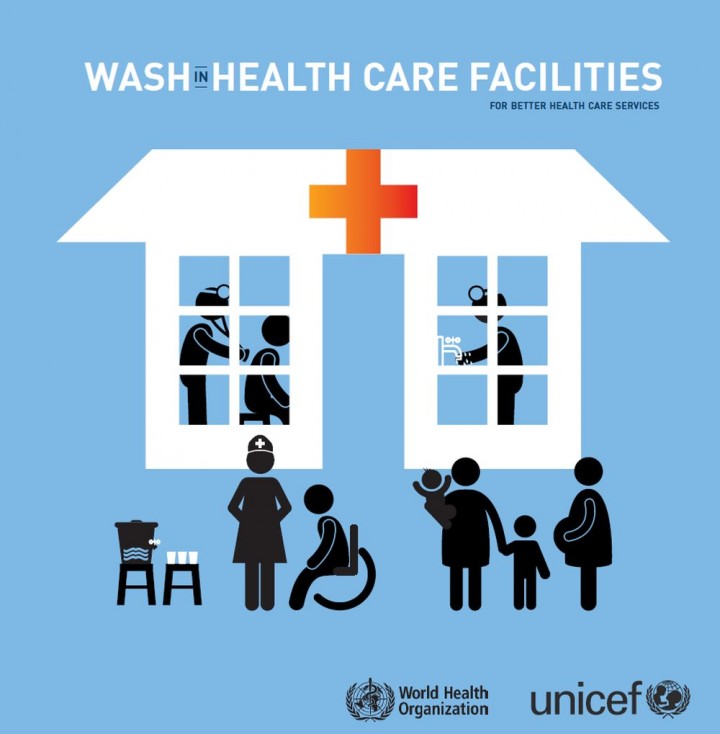Searching for information on Sanitation Workers?
The Sanitation Workers Knowledge + Learning Hub is the best source for all current news, trends, articles and updates on sanitation workers rights around the world.
This report is the outcome of a study which aimed at understanding rural women and girls' age-specific experiences of using and accessing sanitation. The study focussed on the accessibility of latrines and the conditions of sanitation experienced across age, religion, caste, etc. The study objectives were informed by research indicating that women and girls have unique needs, and that these needs …
This library entry contains background documents and results for a grant that Sherina Munyana is leading and which is funded by the WSH Program of the Bill and Melinda Gates Foundation under the grant category "Other".
Further information and a discussion is available on the SuSanA discussion Forum, see link below.
Short description of the project:
With funding from the Bill & Melinda …
"Use of urine" is the thematic topic of the third issue of Sustainable Sanitation Practice (SSP). If urine is collected separately, treated and converted to agricultural usage, the biggest step towards nutrient reuse and highly efficient water protection is taken.
Issue 3 contains the following articles:
Opening minds and closing loops – productive sanitation initiatives in Burkina Faso …
Kampala is the capital and most populated city in Uganda, with a population of 1,507,080. The total area of the city is 178 km². In line with rapid urbanization, approximately 60% of city residents live in informal low-income settlements (“slums”). To account for the large number of daily commuters into Kampala, the assessment is based on a total population of …
One in three people on earth — around 2.5 billion — lack decent sanitation. As the world’s population continues to urbanize at rapid pace, outstripping infrastructure and municipal capabilities, it’s a crisis that looms especially large over cities. With populations in informal settlements (“slums”) expected to double to two billion by 2030, these dense urban communities pose one of …
The direct links of WinS to SDG3 (health), SDG4 (education) and SDG6 (water and sanitation) pose the chance for increased inter-sectoral cooperation. Thereby, the education sector’s leadership and management are critical to broad-scale implementation and success of WinS. Yet, how is the education sector taking WASH on board and how can the sector manage it? How does the reality look like in …
Bahir Dar is a city located northwest Ethiopia with a tropical savannah climate. According to the Town Administration, the population is 318,429 people, where 85% live in the urban and 15% in the peri-urban and rural areas of the city (data from 2012). Economic activities include an expanding textile industry as well as rapidly growing agro-industries. The potential for tourism and real estate …
This evidence paper looks at 10 areas identified collaboratively with the United Nations Children’s Fund (UNICEF) on which WASH can plausibly have a strong impact: diarrhoea, nutrition, complementary food hygiene, female psychosocial stress, violence, maternal and newborn health, menstrual hygiene management, school attendance, oral vaccine performance, and neglected tropical diseases.
At the 4thAfrican Conference on Sanitation and Hygiene (AfricaSan), convened by the Government of Senegal with support from the African Ministers’ Council on Water (AMCOW) in Dakar, Senegal, May 25-27, 2015, the Ministers and Heads of Delegations responsible for sanitation and hygiene in Africa, together with senior civil servants, academics, civil society, development partners and the private …
This library entry contains background documents for a grant that Mbaye Mbéguéré is leading and which is funded by the Bill and Melinda Gates Foundation.
Further information and a discussion is available on the SuSanA discussion forum, see the link below.
Short description of the project (and goals):
The National Office for Sanitation in Senegal (ONAS) has received a $17,070,000 grant …
Understanding that the school environment can enable development of healthy behaviors among children who may not have the same learning opportunity in their homes, schools serve as the center of development. Adapted from the experiences of Filipino NGO, Fit For Schools, this toolkit of effective handwashing tools promotes handwashing programs designed for schools and inspires a healthy learning …
This report presents for the first time a multi-country review of water, sanitation and hygiene (WASH) services in health care facilities in 54 low- and middle-income countries. WASH services provide for water availability and quality, presence of sanitation facilities and availability of soap and water for handwashing. The main focus of the results is on water availability as there were very …

